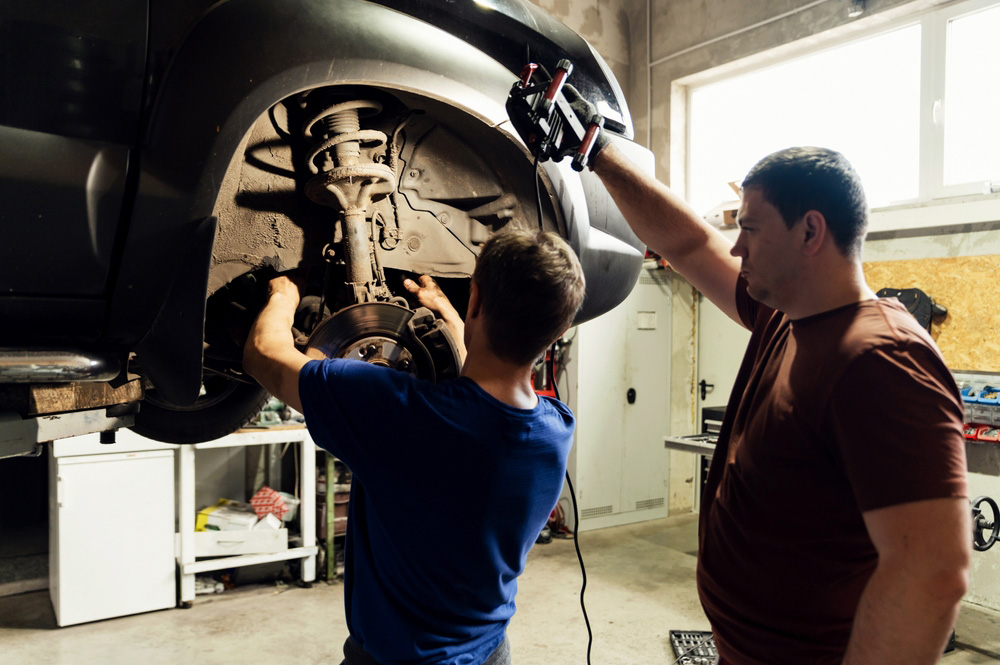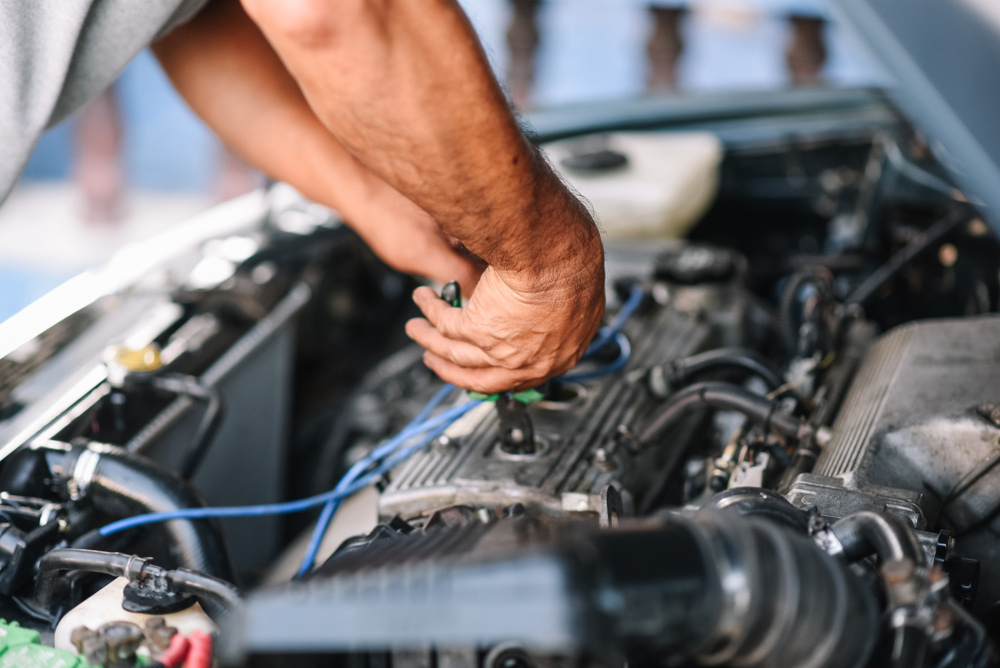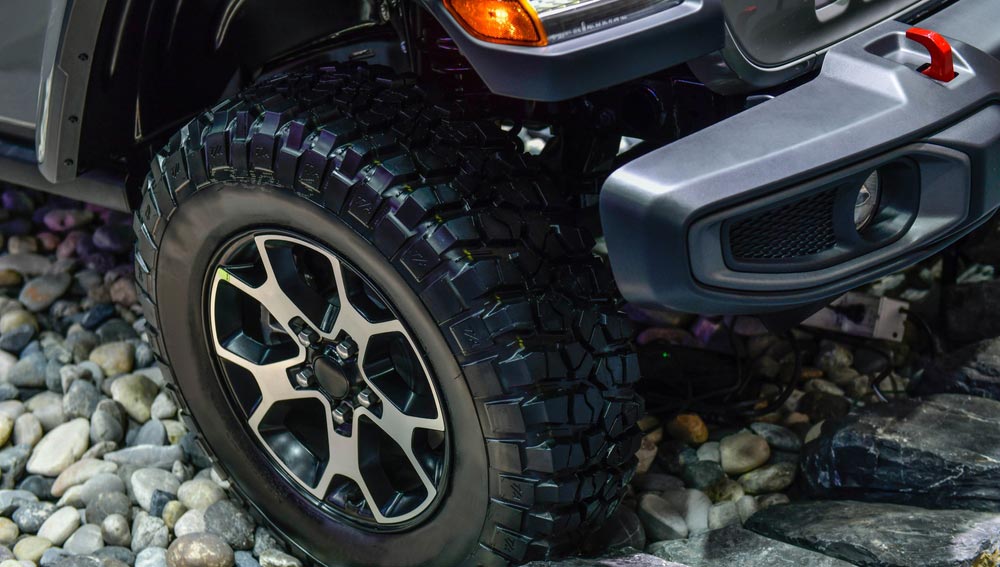Among the many components of a vehicle, the brake system plays an important role in…
What You Should Know About Vehicle Inspections
Vehicle inspections are required in the state of Queensland prior to selling your car, bike, trailer or caravan. You will need to work with an authorised workshop in order to ensure that your vehicle has the certificate it needs to be legally sold. A vehicle tester will check several parts of your vehicle, including the steering, tyres, braking systems and suspension. In addition to all of these important parts, you will also find that the windscreen, wipers, lamps and many other areas will be checked as well. All of these inspections will be done in order to ensure that the vehicle can be safely driven on Queensland roadways.
Speaking of safety, one of the main reasons that you should really take a safety certificate inspection seriously is because it really does effect the other passengers and vehicles that are on the roadway. By making sure that you are having the proper inspection done, you will be able to correct these imperfections and can ensure that the vehicle is working properly.
Vehicle inspections are not extremely expensive but each workshop in the area will charge their own prices, so it is best to compare the price between one shop and another. You will probably also want to take the time to research the reputation each workshop has and look up testimonials from past clients. You also want to make sure you have enough time as they will take approximately 45 minutes to complete. Finally, finding a workshop that offers mobile services is highly recommended as they are much more convenient to those who have busy lives.



